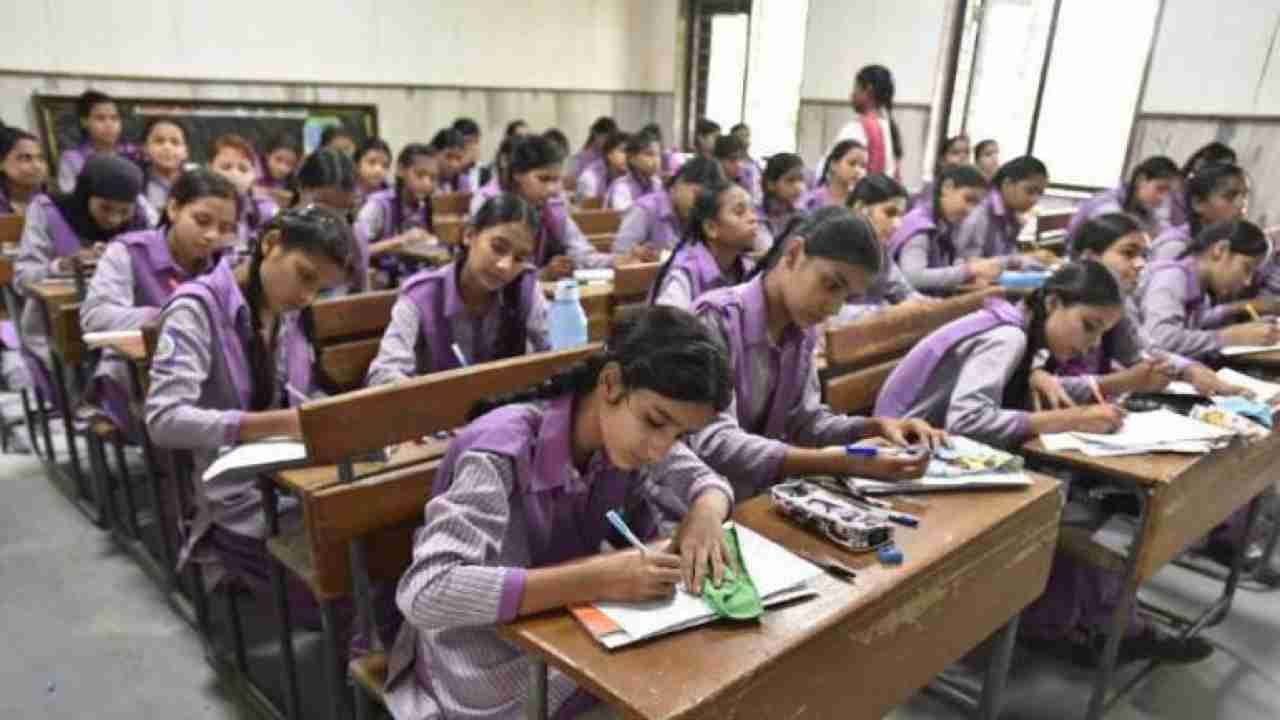New Delhi: National Education Policy (NEP) draft has been tweaked by the HRD Ministry to dilute and make few changes in the provision of extending the Right to Education (RTE) Act up to Class 12 which includes three years of early childhood education.
The RTE Act “will be considered for extension”, the final policy document states.
In June, the NEP draft was submitted to the HRD Ministry by a group of experts led by former ISRO chief K Kasturirangan. The draft was also uploaded online for public opinions. The government received 2 lakh suggestions and advice hence, preparing to seek approval from the Cabinet for the final 50-page policy.
The final policy also suggested launching of two new programme for the purpose of strengthing the basic reading and math skills. The programmes are National Tutors Programme (NTP) and Remedial Instructional Aides Programme (RIAP).
Under NTP, the best performing student in the school will be provided with five hours of tutoring in a week during school hours for fellow students who seek help. RIAP is a 10-year program designed to attract local community instructors, especially women, to help students who are separated from education and to bring them back to school for education.
The final NEP has approved one-on-one peer tutoring and states, “Peer tutoring can be taken up as a voluntary and joyful activity for fellow students under supervision of trained teachers and by taking due care of safety aspects… it will be made far easier for trained volunteers — from both the local community and beyond — to participate in this large-scale mission of the schooling system”.
The draft proposes a new three-tier institutional system for higher education. By 2030, all institutions will either become research universities or teaching universities or colleges offering undergraduate programmes.
In the final NEP, the classification of institutions under a hierarchical structure has been abandoned. Instead, a classification based on the main purpose of the institution (research or teaching) is retained.
Therefore, the government has also cancelled the strict deadline set by the Kasturirangan Committee to phase out the affiliated college system. The draft proposes that by 2032, all colleges affiliated will develop into autonomous degree-granting colleges or get merged completely with the universities they are affiliated to and develop themselves into universities. The final document states “gradually phasing out the system of ‘affiliated colleges’”.

















